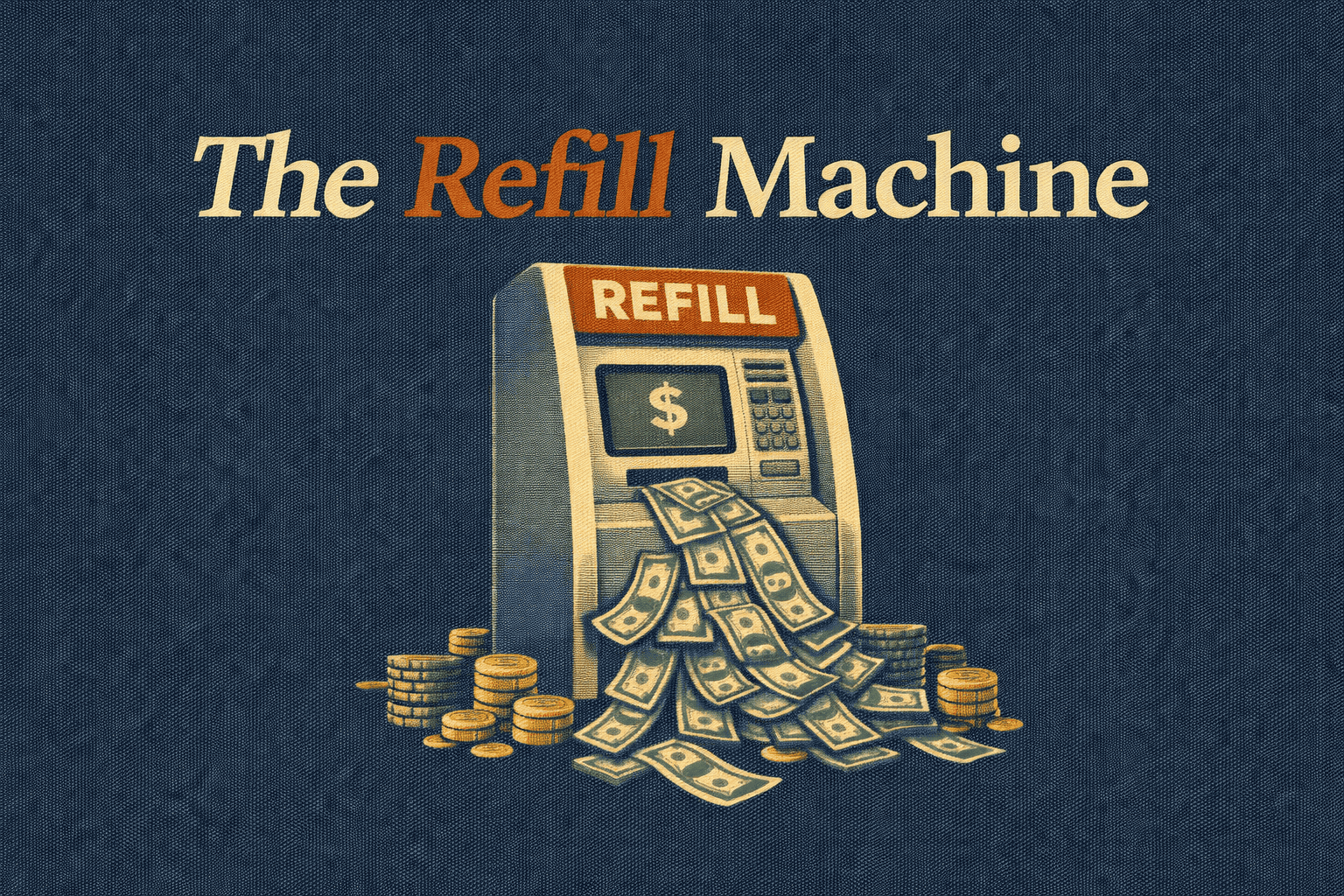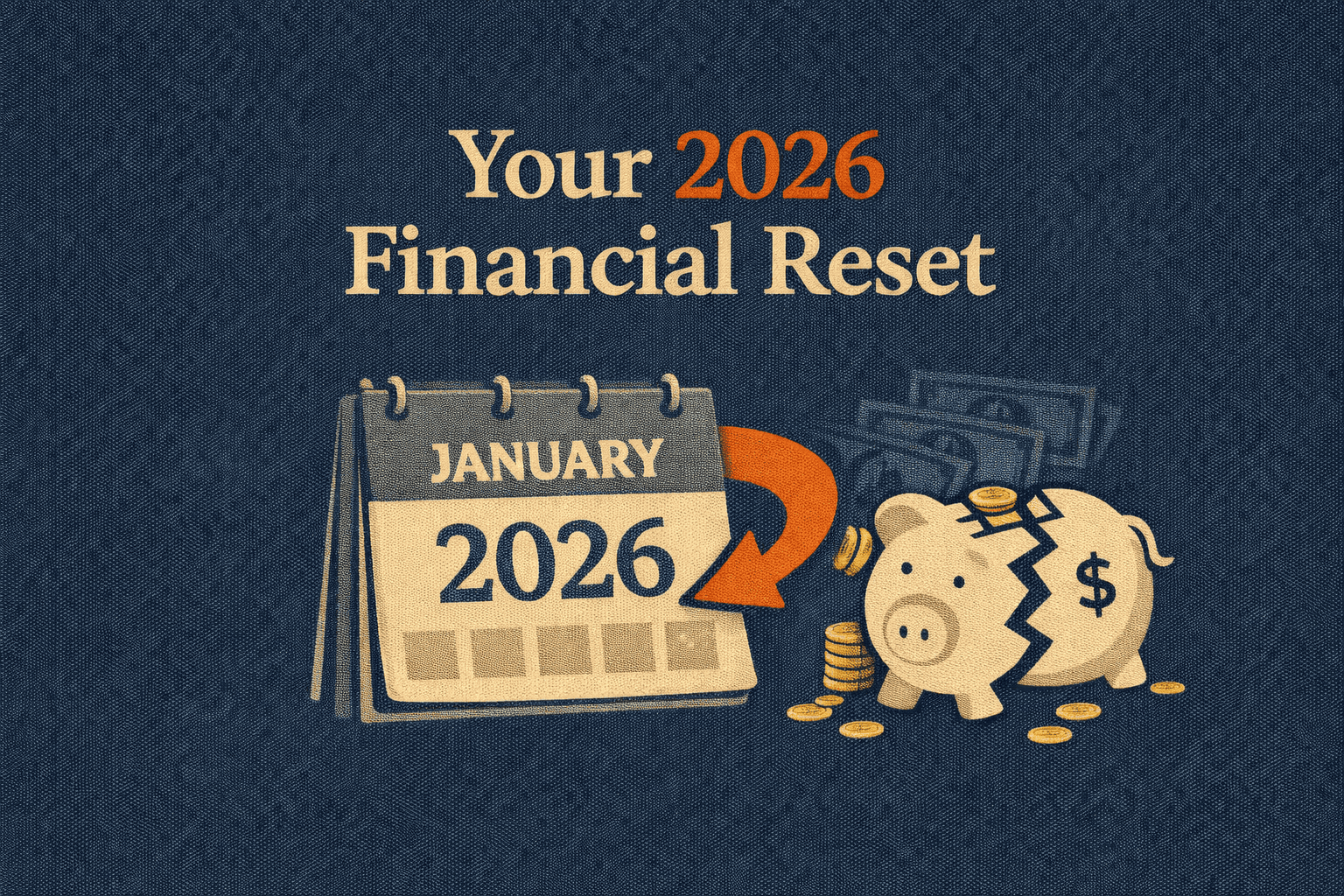If it were possible to physically suffer from the financial noise floating around about markets, investments, and “smart” money moves, my otolaryngologist would be making the money most finance “gurus” are claiming to help us all save.
The truth is, you can only be financially savvy if you put yourself – and your money – in the market. This includes, you guessed it, holding on to your investments. The truly passive money you’ll be making and saving can be found in the buy-and-hold strategy (that we wrote about this week), instead of chasing the dopamine of constantly buying and selling.
The Wolf of Wall Street fantasy is over. If you need an adrenaline rush, go bungee jumping – don’t sabotage your financial future by selling investments prematurely just to feel like an active trader.
Trust time and the process, and watch it become worth your while.
Jorge Sanchez, M.D.
Naples, Florida
The Sunday Best 05/25/2025
The prototypical millionaire is not what you think. They live below their means, prioritize saving over spending, don’t spend frivolously on luxuries, budget their money, think long-term, and save/invest about 20% of their income.
It’s true that active investing can be exciting. However, it was never meant to be exciting. Wall Street and the media created that myth. Instead, it is meant to provide you with the greatest odds of achieving your financial and life goals with the least risk.
When it comes to your finances, there is a liberation to limiting yourself where defining the things you won’t spend money on, won’t invest in, won’t pay attention to or won’t waste your time on are often more important than the things you will partake in
Part of investing is discerning between what will change and what will stay the same when digging for opportunities. History hints at the answers.
We face heightened uncertainty from tariffs, economic conditions, valuations, private market liquidity, and crowding in alternatives. Even leading macro strategists have begun to question the durability of U.S. exceptionalism. When stocks, bonds, and alternatives appear unattractive, what’s an investor to do?
The piece everyone liked from Physician on FIRE: What Really Happens When Doctors Walk Away?
While intelligence, work ethic, and family background had some influence on the children’s success, these four factors ensured financial fitness for Jonathan Clemenetss’ children later in life.
Your 40s are an interesting time, money-wise. During this decade, when you’re both starting to enjoy the fruits of your labors but feeling the pressure of additional demands, you want to make moves to ensure you’re on stable ground now and in the future. Here are 10 research and finance expert-backed moves for your 40s.
Medicaid may be about to change in a big way: Republicans in Congress are getting closer to passing a bill that, along with cutting taxes and imposing new immigration restrictions, would require people to work — or else risk losing government health benefits.
Due to necessary quarantines, lockdowns, travel restrictions, and general social disruption, the human race has been forced into a state of collective and sudden Onlineness totally unprecedented in history
The cost of homeowners’ insurance is soaring in states where large outbreaks of tornadoes are becoming more common. But according to industry experts and analysts, hail, not tornadoes, is the biggest concern for insurers in the middle of the country.
Whether you’re a resident looking for a reliable vehicle to match your on-call lifestyle or a seasoned professional seeking luxury and comfort for your daily commute, the right car can make all the difference.








1 thought on “The Sunday Best (05/25/2025)”
I shared a synopsis (& the story link) of the ‘buy& hold’ strategy story with my two girls & my two boys, all in their mid20s, all of whom have brokerage & Roths now, & some of whom did a little panicking during the recent tariff/market turmoils. I shared a bunch of ‘market corrections’ happen (every few yrs) & recessions & tech/housing boom/bust examples… & like the story says, reiterated that they are LONG-term investors, so to ignore the current cycles… our stories (I’m 63, still married, & have $3M in ret/non-ret accnts) serve as an example of compounding. The article was reinforcement for me, I’m a finance nerd, so I “TLDR” the story for them. They need the reinforcement to invest early & often, while living their own lives & vacations & future families! thanks to POF – I’ve been following for 20 yrs already, I think… first in the magazine yrs ago!